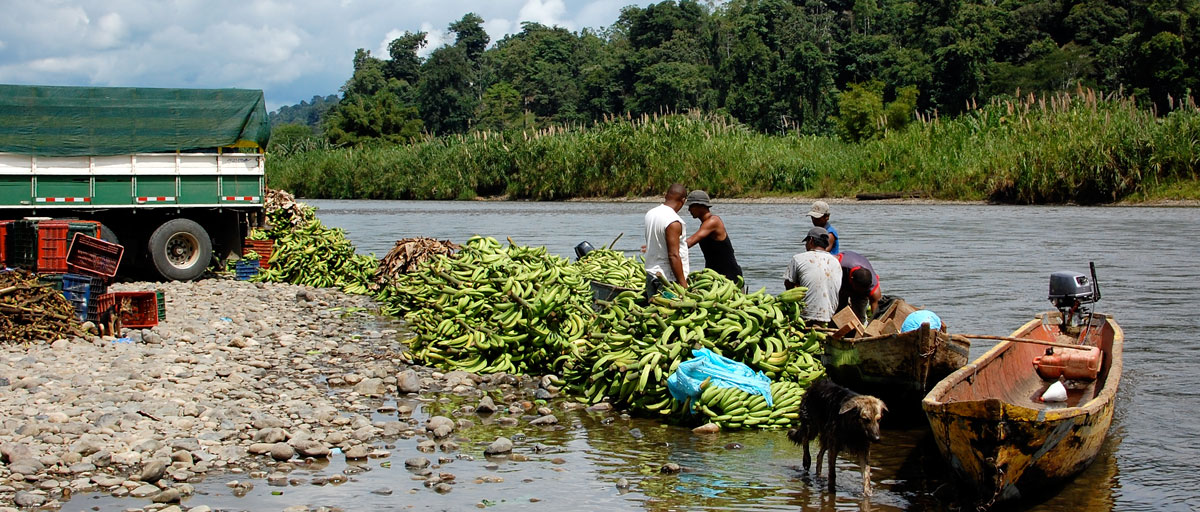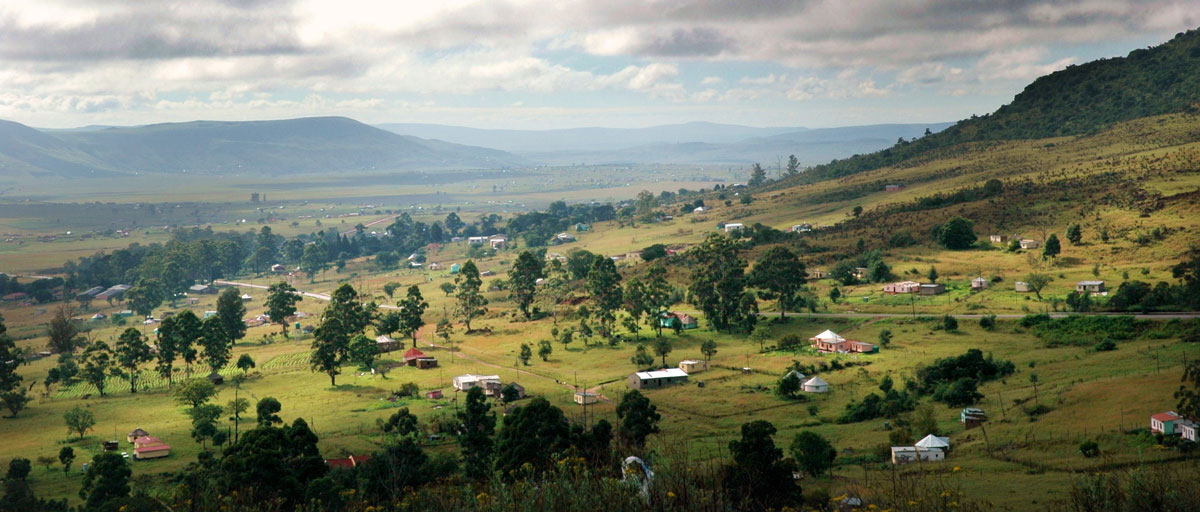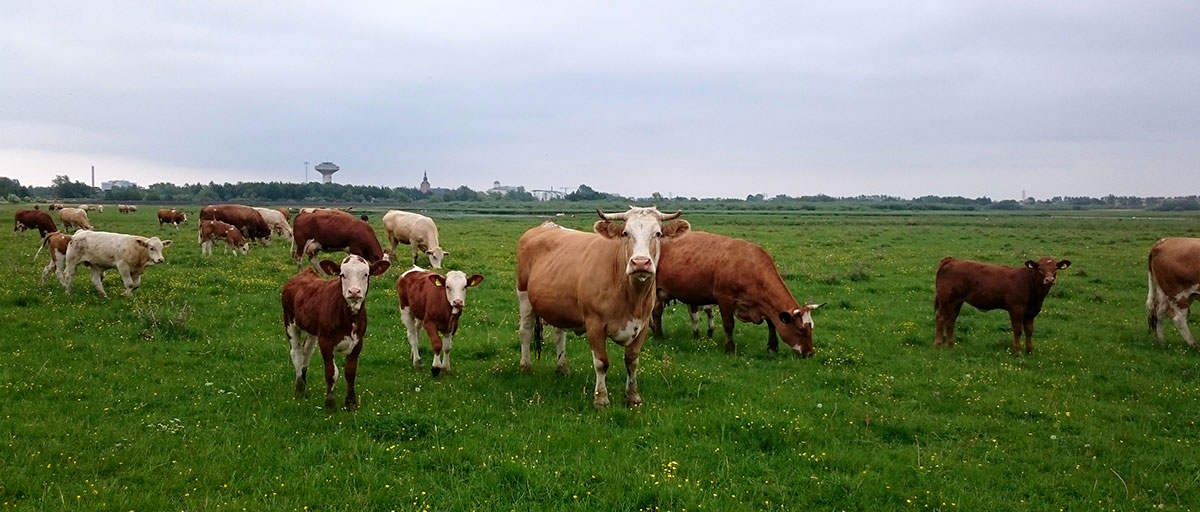ECOSYSTEM SERVICES
Why there is more to fisheries than just the catch
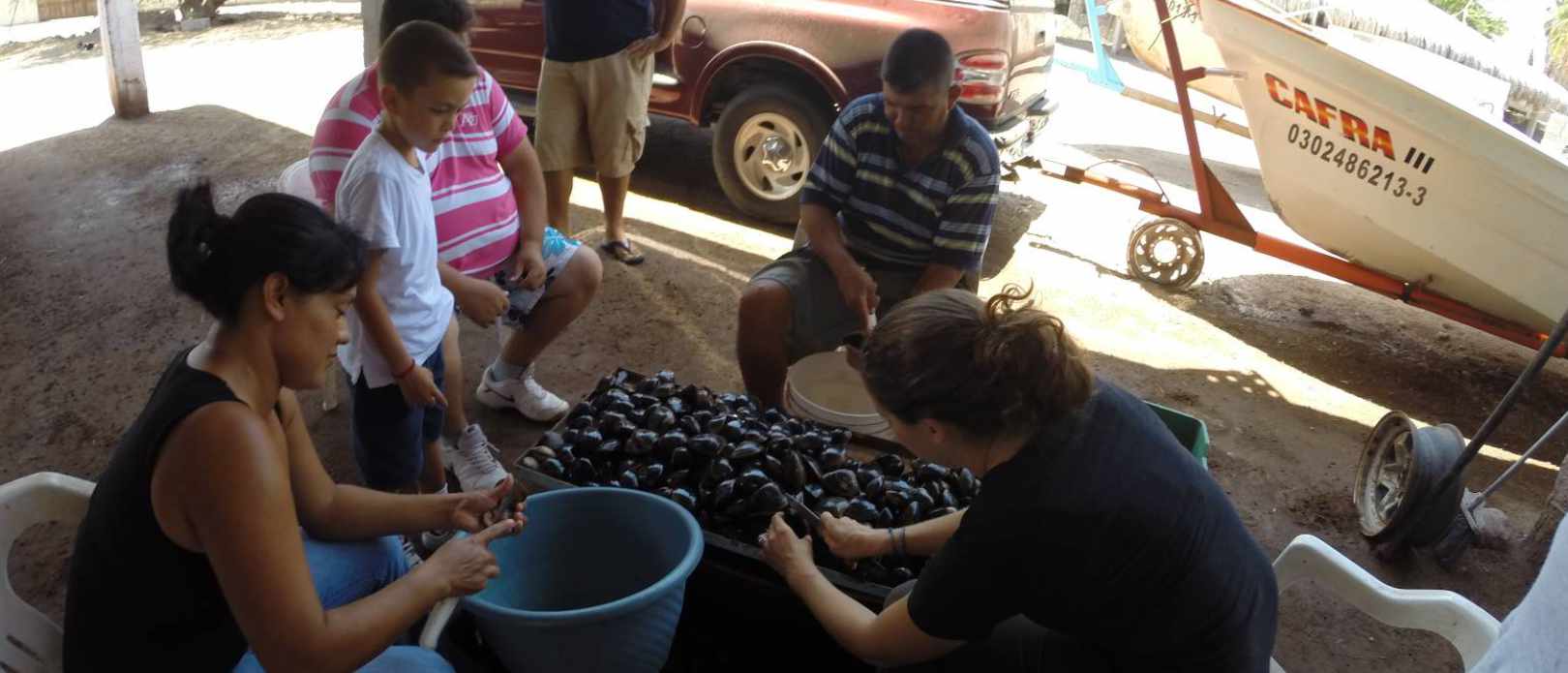
In a study published in journal Ambio, researchers analysed community values related to the Mexican chocolate clam, a local culinary specialty with a long and rich history on the Baja California Peninsula. Photo: K. Pellowe
For households in the Mexican town of Loreto, the chocolate clam is more than just an important source of income. It’s part of their community identity
- In addition to economic value, marine ecosystems provide benefits like culture, recreation and aesthetic pleasure
- Participants in a study in Loreto, Mexico perceived the Mexican chocolate clam as an important part of their community identity
- Cataloguing the values marine ecosystems produce is crucial for protecting important benefits and attending to trade-offs among the diverse priorities of coastal communities
AN OCEAN OF BENEFITS: The ocean is dear to the people of Loreto, a town on Mexico’s diverse Baja California Peninsula.
Nestled in the picturesque Loreto Bay National Park, the town relies on fishing and tourism to support the local economy. But marine ecosystems also provide benefits with less measurable value, like culture, recreation and aesthetic pleasure.
These benefits to the community are poorly understood, with fisheries instead managed to maximise economic value, putting ecosystems at risk and threatening the non-economic ways in which people rely on nature.
In a study published in Ambio, centre researcher Kara Pellowe together with Heather M. Leslie from the University of Maine, used an ecosystems services approach to understand community values related to the Mexican chocolate clam, Megapitaria squalida, a local culinary specialty with a long and rich history in the area.
An exploratory analysis based on 42 household surveys found that community members perceive the benefits of the clam to go beyond economic, citing important cultural benefits including community, historical, and identity values.
An ecosystem services approach that includes both provisioning and cultural services enables managers to better account for the diverse values marine fisheries provide to coastal communities.
Kara Pellowe, lead author
Maximising economic value
Provisioning services, such as clean water, food, and income, are essential for providing the basic necessities of life. As a country develops, human dependence on provisioning services tends to decrease, while dependence on cultural ecosystem services increases.
Cultural ecosystem services are often co-produced through the interactions between people and their environment. This results in a tight coupling between the cultural benefits of an ecosystem and people’s values and preferences.
Unlike provisioning services, which may be replaced by technical innovation or trade, cultural services are not as readily replaced.
In Loreto, a narrow focus on maximising the harvesting increases the risk of changes in ecosystem functioning, putting in jeopardy the future of this coveted clam and the cultural traditions that surround it.
A cultural keystone species
Participants of Pellowe’s study perceived the species as an important part of their community identity, highlighting the role of Mexican chocolate clams as a cultural keystone species in the Loreto region.
“Cataloguing the complete suite of values marine ecosystems produce is a crucial step in managing in a way that both protects crucial benefits and better attends to trade-offs among the diverse values and priorities of coastal communities”, conclude the authors.
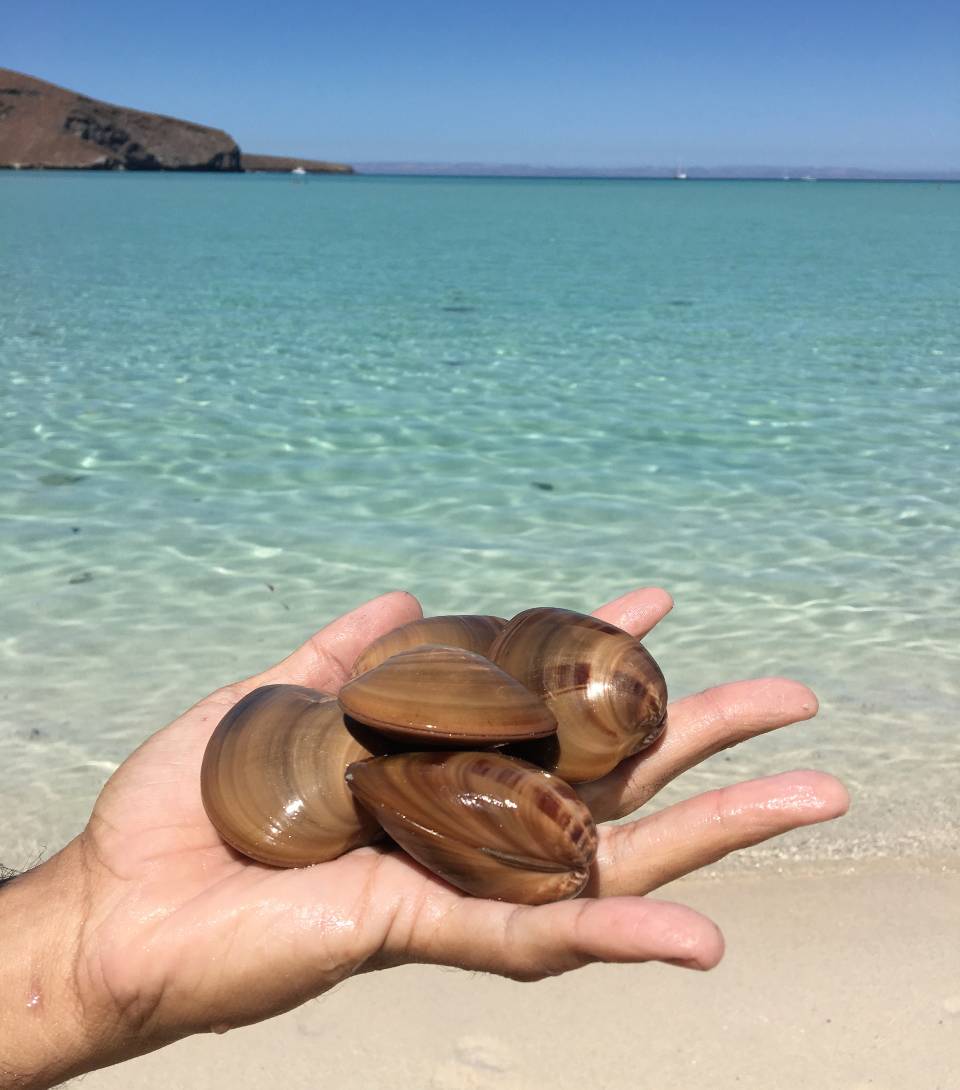
Mexican chocolate clams. Photo: K. Pellowe
Methodology
In Spring 2019, lead author Kara Pellowe traveled to Loreto, Baja California Sur, Mexico, to carry out household surveys on the values that an important fished species, the Mexican chocolate clam, provides to community members.
Using survey questionnaires, Pellowe asked adult Loreto residents about fifteen different ecosystem services, including both provisioning and cultural services. Provisioning services are the products obtained from ecosystems (e.g., food), while cultural services are the nonmaterial benefits of ecosystems (e.g., recreation and sense of place).
To assess the ecosystem services provided by Mexican chocolate clams, Pellowe presented survey participants with a set of statements, each corresponding to a specific service. Participants were asked to indicate their level of agreement with each statement using a three-item likert scale. A participant's agreement with a statement was taken as indication that they perceived the delivery of the associated ecosystem service. The authors analysed separately the responses of three groups of Loreto residents: Mexican nationals originally from Loreto; Mexican nationals not originally from Loreto; and foreign nationals.
Pellowe, K.E., Leslie, H.M. 2020. Ecosystem service lens reveals diverse community values of small-scale fisheries. Ambio (2020). https://doi.org/10.1007/s13280-020-01405-w
